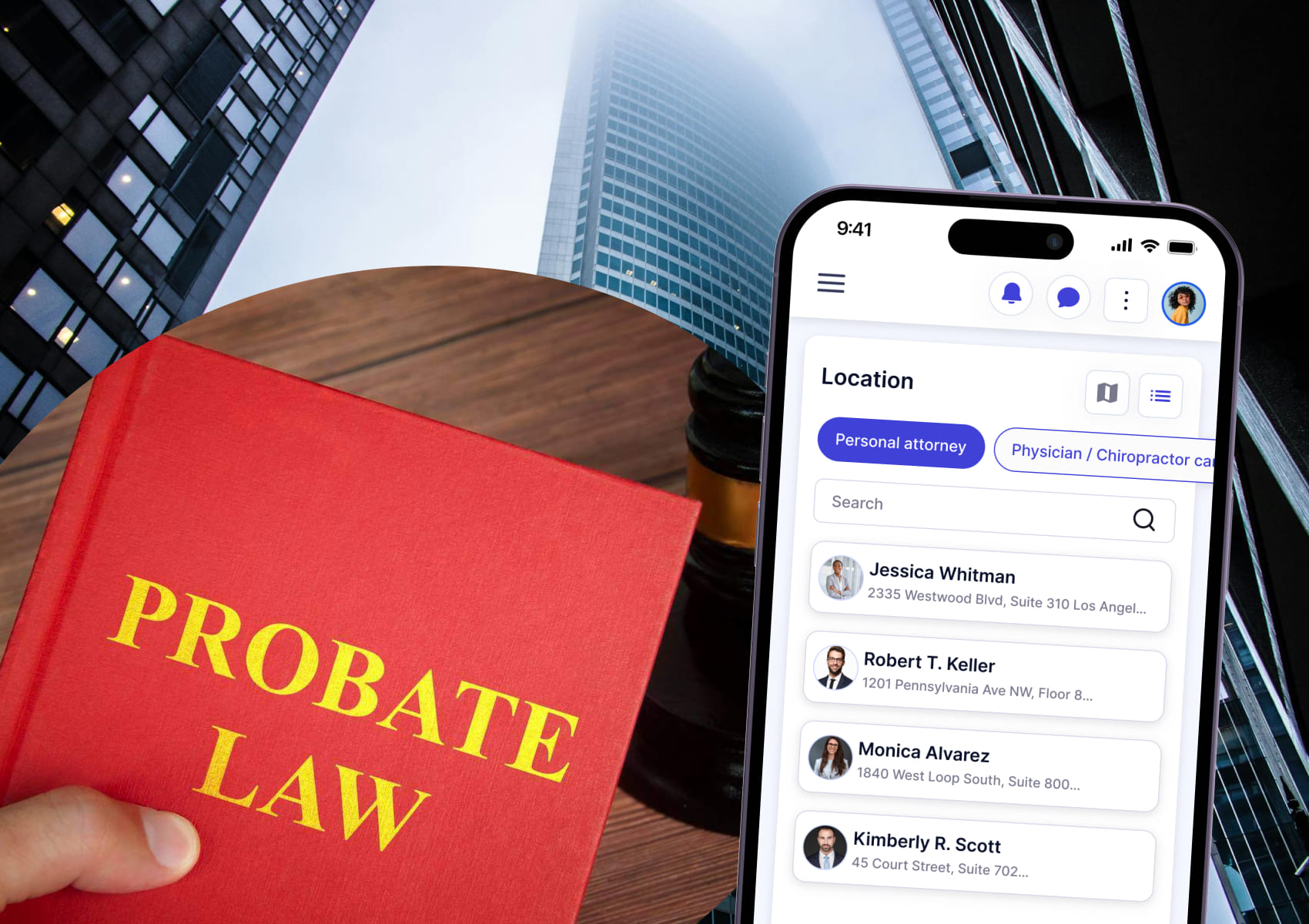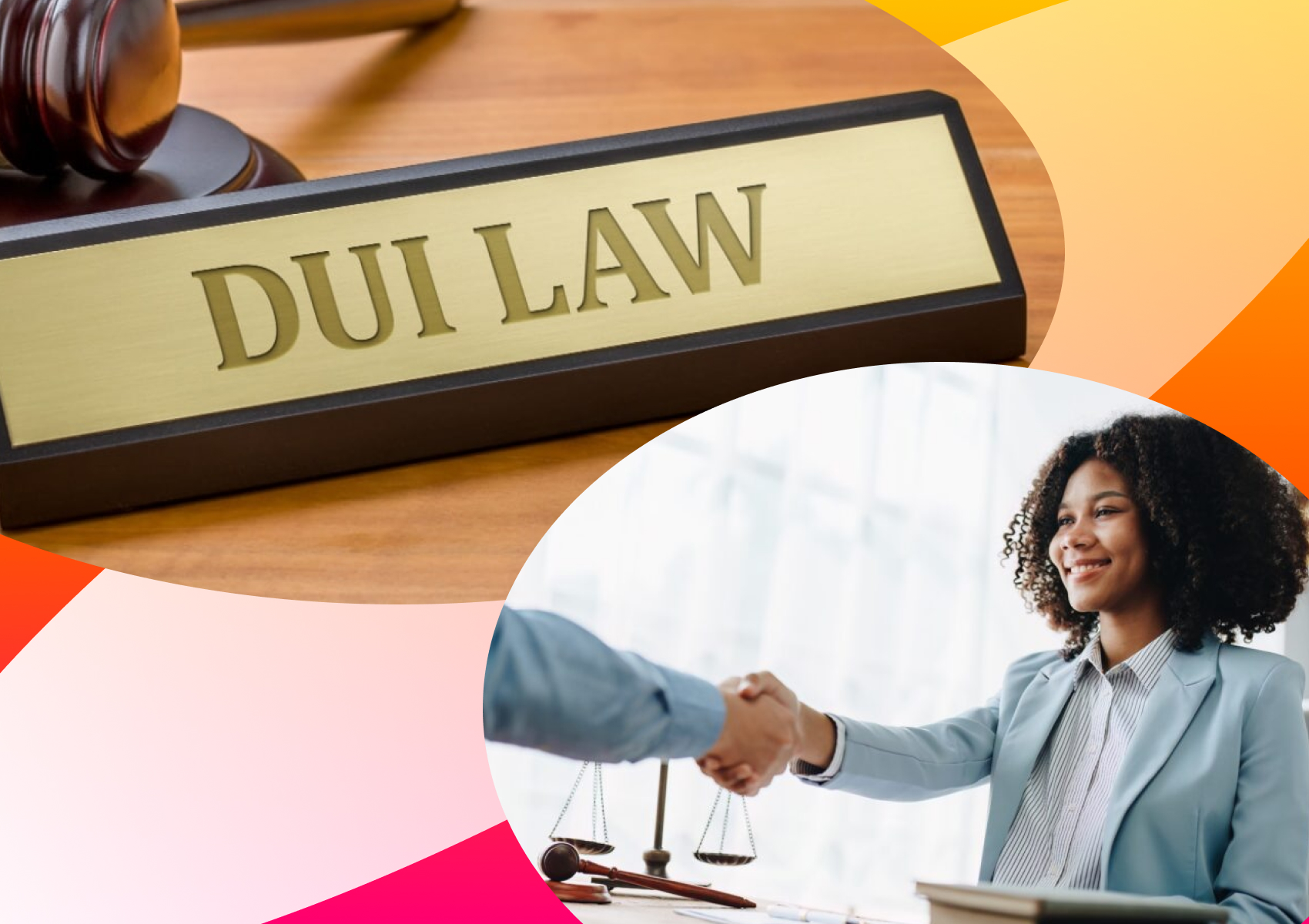What is a Retainer for a Lawyer: Understanding Legal Fees

Understanding legal fees and how they work can be daunting for anyone needing legal services. One common method of payment is through a retainer, but what does it mean to have a lawyer on retainer, and how does it impact your relationship with them? This guide will walk you through the concept of a lawyer retainer, including its purposes, costs, and benefits. Whether you’re considering hiring a lawyer on retainer or just want to understand how it works, this article provides all the information you need to make informed decisions.
What Does It Mean to Have a Lawyer on Retainer?
A retainer for a lawyer is a fee arrangement where a client pays in advance to secure the services of a lawyer for a specified period or a particular scope of work. This system provides a stable relationship between the lawyer and the client, allowing both parties to plan and manage legal services more efficiently. What does it mean to have a lawyer on retainer? Essentially, it means that you’ve secured a lawyer’s services for ongoing or specific legal tasks, often for a flat monthly fee or an initial lump sum.
Benefits of Having a Lawyer on Retainer:
- Access to Immediate Legal Advice: A lawyer on retainer can be contacted at any time, which is especially valuable in emergencies or urgent situations.
- Predictable Costs: With a retainer, you pay a set amount in advance, making it easier to budget for legal expenses.
- Priority Service: Lawyers on retainer often prioritize their retainer clients over new or one-time clients, ensuring quicker responses and more dedicated service.
This arrangement can be beneficial for individuals or businesses needing regular legal services, such as contract reviews, consultations, or representation in court. By paying a retainer fee, you gain access to a lawyer’s expertise without the unpredictability of hourly billing.
How It Works:
- Retainer Agreement: A formal agreement outlines the terms, including the scope of services, payment structure, and duration.
- Initial Payment: The client pays an initial retainer fee upfront, which may be refundable or applied toward future legal fees.
- Billing Against the Retainer: As the lawyer provides services, the time spent is billed against the retainer, reducing the available balance.
- Renewal or Adjustment: Depending on the agreement, the retainer may need to be renewed periodically or adjusted as services expand.
How Long is a Lawyer Retainer Good For?
The duration of a lawyer retainer can vary depending on the agreement between the lawyer and the client. How long is a lawyer retainer good for? It can range from a few months to several years, depending on the scope of the work and the needs of the client. Some retainers are set for specific cases or projects, while others may cover ongoing legal advice or services.
Factors Influencing the Duration:
- Scope of Work: If the work is limited to a specific case or transaction, the retainer might last for the duration of that case.
- Client Needs: If a client requires ongoing legal services, such as regular consultation or court appearances, the retainer may extend for a longer period.
- Type of Retainer: There are different types of retainers, such as general retainers (for ongoing services) and special retainers (for specific projects), which can affect the length.
Understanding the duration of the retainer helps in planning for budgeting and managing legal expenses. It’s important to discuss the expected term with your lawyer and include it in the retainer agreement.
How to Manage Your Retainer Over Time:
- Discuss Renewal: As the retainer period approaches its end, have a conversation with your lawyer about whether you need to renew or adjust the terms.
- Adjust the Scope: If your legal needs change, the retainer agreement can be adjusted to reflect new requirements.
- Monitor Usage: Keep track of how much of the retainer is used so you can make informed decisions about renewing or modifying the agreement.
Lawyer Retainer Fee
A lawyer retainer fee is the payment made by a client to retain a lawyer’s services. It’s an upfront cost that can vary widely based on factors like the lawyer’s expertise, the complexity of the legal issue, and the expected duration of the services. Lawyer retainer fees are generally intended to cover the lawyer’s initial time investment and administrative costs associated with managing a client’s case.
Components of a Lawyer Retainer Fee:
- Flat Fee: Some lawyers charge a flat retainer fee, which covers a set amount of time or specific legal services.
- Hourly Fee: Other retainers are charged at an hourly rate, with the initial payment applied to a specified number of hours.
- Refundable or Non-Refundable: Whether a retainer is refundable or non-refundable depends on the terms agreed upon in the retainer agreement.
How the Fee is Used:
- Administrative Costs: Part of the retainer covers the lawyer’s administrative costs, such as filing fees, document preparation, and communication.
- Legal Services: The retainer also funds the lawyer’s time spent on the case, including consultations, court appearances, and legal advice.
- Balance Adjustment: As the lawyer provides services, the retainer balance decreases. Once it’s depleted, the client may need to replenish the retainer or pay additional fees.
Understanding the lawyer retainer fee is crucial for budgeting and managing legal costs. It helps set clear expectations about what legal services are covered and how billing works.
Highest Lawyer Retainer Fee
The highest lawyer retainer fee can vary significantly based on the lawyer’s reputation, expertise, and the complexity of the legal matter. Highest lawyer retainer fee typically applies to high-profile cases or top-tier legal representation in areas like corporate law, white-collar crime, and complex litigation.
Factors Influencing High Retainer Fees:
- Expertise and Reputation: Lawyers with a high reputation or those who specialize in high-stakes litigation may command higher retainers.
- Case Complexity: Complex cases requiring significant research, document review, and court appearances will typically have higher retainers.
- Client Requirements: Clients requiring immediate and constant availability or full-time representation will pay a premium for the convenience.
High lawyer retainer fees reflect the value of the lawyer’s expertise and the level of commitment required to handle the case. While these fees can be steep, they also come with a guarantee of priority service and a high level of attention to the client’s needs.
Considerations When Negotiating a High Retainer Fee:
- Understand the Scope: Ensure that the retainer fee reflects the services you need. Clarify the expected number of hours, the scope of work, and what expenses are included.
- Discuss Payment Terms: Negotiate payment terms that fit your budget, whether it’s a lump sum or installment payments.
- Seek Alternatives: If a high retainer fee isn’t feasible, consider seeking lawyers who offer alternative fee arrangements, such as contingency fees or monthly retainers.
Can You Get Your Retainer Back from a Lawyer?
When hiring a lawyer on retainer, you may wonder if it’s possible to get your retainer back from a lawyer. Can you get your retainer back from a lawyer? The answer largely depends on the terms of the retainer agreement and how the funds have been used.
Refundable vs. Non-Refundable Retainer:
- Refundable Retainer: In some cases, if the retainer is unused or the services were not provided as agreed, part or all of the retainer may be refundable.
- Non-Refundable Retainer: If the lawyer has already provided services or incurred expenses (such as court fees or document preparation), the retainer may be non-refundable. This is especially common in cases where the lawyer’s time and resources have been committed.
Situations Where You May Not Get Your Retainer Back:
- Services Rendered: Once the lawyer has begun work, such as drafting documents, attending meetings, or advising, the retainer is typically used to cover these costs.
- Administrative Expenses: Fees related to administrative costs and initial consultations are often deducted from the retainer and are not refundable.
It’s important to have a clear understanding of the retainer agreement terms before signing. Discuss refund policies with your lawyer so that there are no surprises if you decide to terminate the relationship.
How to Manage a Retainer Refund:
- Discuss Terms Upfront: Before committing to a retainer, ask about the refund policy and under what conditions the retainer would be returned.
- Review the Agreement: Carefully read through the retainer agreement to understand the terms regarding refunds.
- Address Concerns Early: If you have doubts about the retainer fee or its terms, address these concerns with the lawyer before signing.
How OwchBuddy Can Help You for Free
Navigating the complexities of lawyer retainers can be overwhelming, but OwchBuddy’s AI chatbot is here to assist. Powered by artificial intelligence, it offers quick responses to common legal questions and guides you through the basics of what a retainer is and how it works. Whether you’re considering hiring a lawyer on retainer or just want to understand the concept better, OwchBuddy provides free legal advice at your fingertips.
Benefits of Using OwchBuddy:
- Instant Answers: Get quick responses to your questions about lawyer retainers and legal fees without the need for an appointment.
- User-Friendly: The chatbot is easy to use, offering a simple interface that allows you to ask questions and receive information in real-time.
- Confidentiality: Your interactions with OwchBuddy are private, ensuring that your legal matters remain secure.
If you have further questions or need personalized advice, contact OwchBuddy today. Our expert team is here to help you navigate the complexities of legal fees and retainers.
Understanding what is a retainer for a lawyer is essential when managing legal expenses. From securing a lawyer’s services to knowing how long a retainer is good for, each aspect plays a role in shaping your legal strategy. Whether you’re dealing with complex cases or just need basic legal advice, understanding the basics of retainers helps in budgeting and managing legal costs effectively. Contact OwchBuddy today to get the guidance you need and make informed decisions about hiring a lawyer on retainer.
Thank you for your comment
It will be published after moderation

 OwchBuddy
OwchBuddy







Comments 0